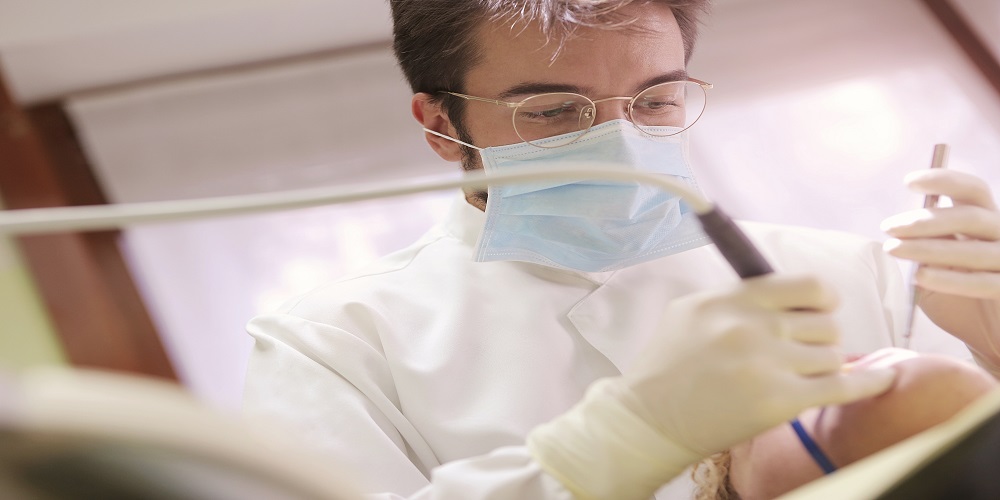You may be wondering if your family dentist can treat a canker sore. The answer is yes—they can provide you with relief from the pain and irritation that comes with these sores.
Below, we will answer your common questions about canker sores and how your family dentist can treat them.

What is Canker Sore?
A canker sore is a small lesion that appears in the mouth. Canker sores can be white or gray and have a red border. They usually form on the tongue, cheeks, or gums. Canker sores are not contagious, but they can be painful. Some people experience a burning or tingling sensation before a canker sore appears.
Canker Sore Causes
The exact cause of canker sores is unknown. However, several factors may contribute to their development, including:
- Stress
- Hormonal changes
- Nutritional deficiencies
- Trauma to the mouth (e.g., from braces or a dental procedure)
- Infections (e.g., viral infections such as cold sores)
- Certain medications (e.g., aspirin)
How Can a Family Dentist Treat Canker Sore?
There is no one-size-fits-all approach to treating canker sores. However, there are several things that a family dentist may recommend to help speed up the healing process and ease discomfort, including:
- Avoiding spicy, acidic, or hot foods
- Using a soft toothbrush
- Rinsing with salt water
- Applying topical ointments
Risk Associated with Canker Sore Treatments
While most treatments for canker sores are safe, they have some risks. For example, some topical treatments may cause allergic reactions in some people. If you experience any unusual side effects after using a new treatment, stop immediately and see your dentist or doctor immediately.
Verdict!
Canker sores are painful mouth ulcers that make eating and talking difficult. While they are not contagious, they can be challenging to treat. So, can a family dentist treat canker sore?
The answer is yes! A family dentist may recommend various treatments to help speed up healing and ease discomfort.
However, some risks are associated with these treatments, so you must immediately see your dentist or doctor if you experience any unusual side effects.
FAQs
Q1: Can I prevent canker sores?
A: While the exact cause of canker sores is unknown, some factors that may contribute to their development include stress, hormonal changes, nutritional deficiencies, and trauma to the mouth. Your dentist may suggest avoiding these triggers and maintaining good oral hygiene to help prevent canker sores. If you want to get your cranker sore treated or you are facing any other dental issues then Millbrook Dental Clinic.
Q2: Will a canker sore go away on its own?
A: Canker sores typically heal within one to two weeks without treatment. However, your dentist may recommend treatments to help speed up healing and ease discomfort during this time.
Q3: When should I see a dentist for a canker sore?
A: If you experience persistent pain or the canker sore does not heal within two weeks, it’s best to see your dentist for evaluation and treatment. Your dentist may refer you to a doctor or specialist if necessary.
Q4: Can a canker sore turn into cancer?
A: Canker sores are not related to cancer. However, it’s essential to see your dentist for evaluation if you have any unusual or persistent mouth sores, as they could be a sign of oral cancer.
Q5: Can canker sores signify a more significant health issue?
A: In some cases, canker sores may be related to underlying health issues such as nutritional deficiencies or infections. It’s essential to see your dentist or doctor for evaluation if you have frequent canker sores. They can help determine the cause and provide appropriate treatment.


